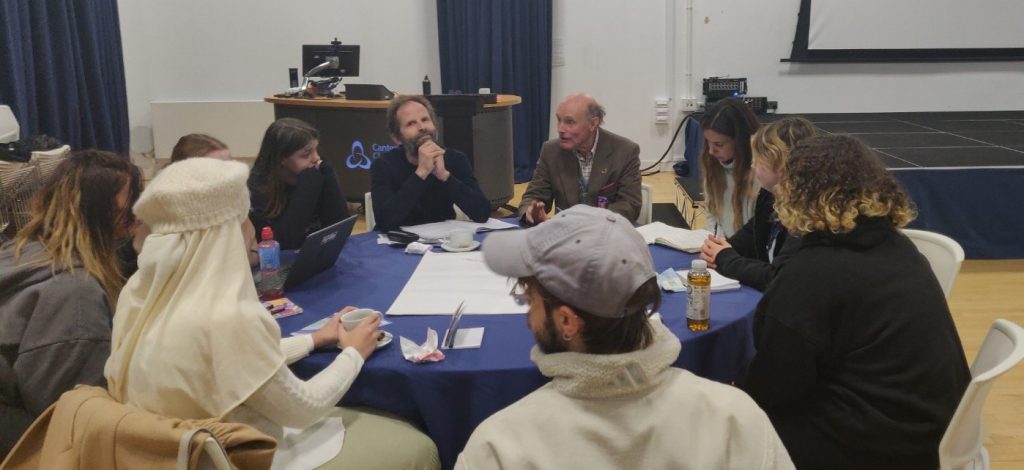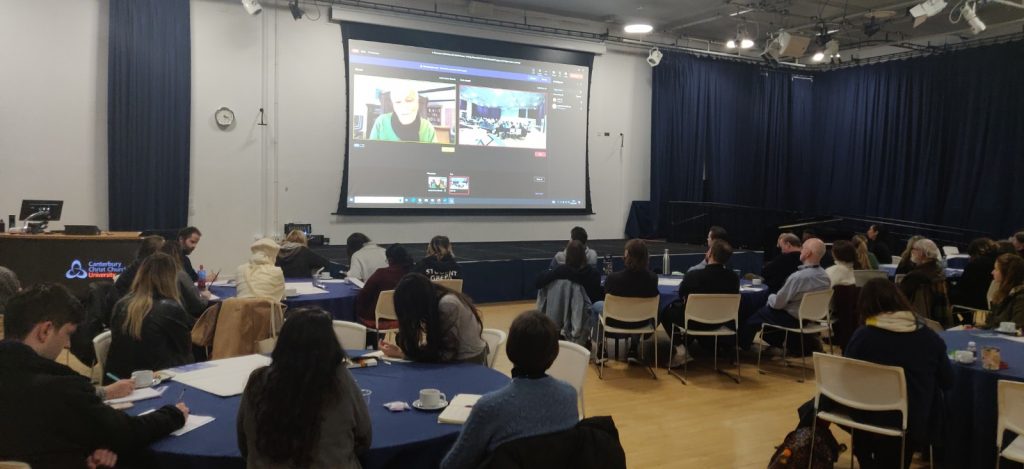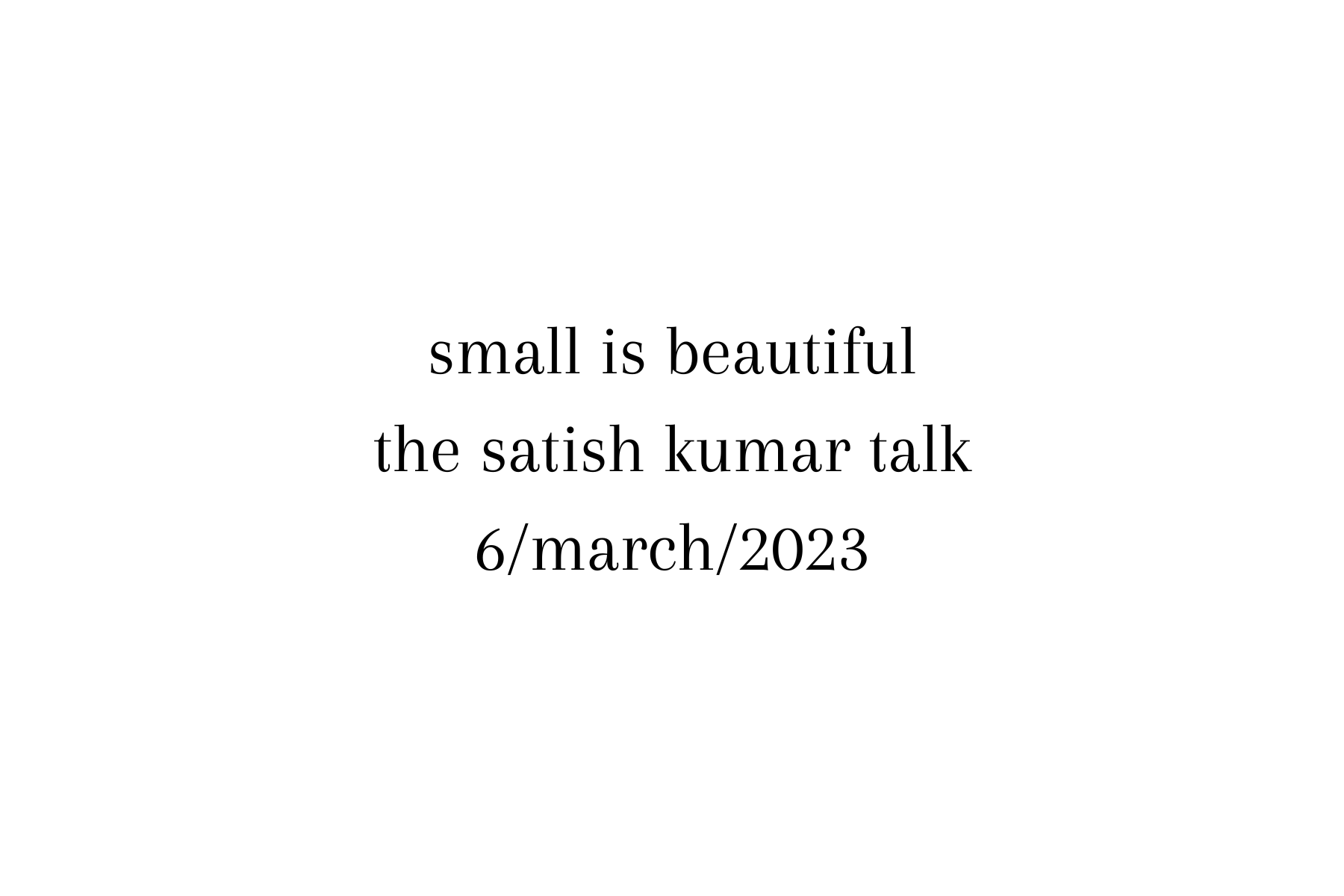On the 6th of March I went to the open lecture of Satish Kumar, celebrating the 50th anniversary of the book Small is Beautiful (1973) which focuses on human scale education. He detailed an interesting approach to education and wider society through the focus of the book by E. F. Schumacher where the context of sustainability was significantly different to how it is now. The 50-year legacy of Small is Beautiful is still being appreciated today as a large amount of the book and its proposed solution is still relevant today.
Kumar’s work centres around human scale, where smallness is important, and highlights in a number of different contexts the impact of exponential growth across society. One of the examples of this from the education sector being the micromanagement of educators through Ofsted, and the wider attitudes towards teachers in the UK. Teachers are seen as a commodity and there is little respect for them, especially their professional working space and the classroom. In Poland however, a teacher’s classroom is respected in a much different way. For senior management to rock up and enter any classroom to do a supervision is commonplace here, but would be disrespectful to do so without getting their consent to enter their class in Poland.

Human scale society extends far beyond just education. Kumar spoke about economics and how the economy has become a means to an end, with people and the Earth being exploited and used for their products being the means, and economics being the end. Within a ‘small world’, Kumar details how everything should be small. Universities should be down to 200 people, companies should be small and not have human resources departments, as that emphasises humans being a commodity, and instead having human resolutions departments where issues will be solved in a human scale context.
Kumar states that the western model of economics is centred with too much ego and not enough eco, and criticises the notion of sustainable development because it falls into the western idea of growth being desired constantly, and only seen as expansion, not contentment. Kumar brings up Buddhist economics to combat this, where economics and development should be at service of humanity within small worlds, where existing structures like governments are very important, however they should be viewed as the string of a necklace where the beads are the people and smaller government entities, allowing the government to be the thread that connects all the beads in the necklace.
During this talk there was a very interesting maxim which resonated with me a lot. It was Head, Heart and Hands. In this context Kumar was speaking in relation to regenerative and holistic education, where current education practises sit too much in the head over everything else. This is seen within many classroom setups, not changing from reception to university. Kumar says that this should be flipped the other way, where hands are being used, where people get dirty and more able to physically engage with the life and the Earth, resulting in a fostered heartfelt emotional response which will be utilised in helping further the heads and theoretical understanding of what’s being taught.

Moving to the personal is how the Head, Heart and Hands model relates to health, specifically mental health. As an autistic person who has meltdowns, I find the reversal of this becoming Hands, Heart then Head to be very interesting in crisis management because it follows the steps at which people typically manage their own crisis. First you start with hands, and physically ground yourself until you feel more stable. Where you would move on to your heart, introspectively reflect on what happened and identify the emotions that you felt before during and after. Moving forwards through the model to enter the head stage is where you would typically use the emotions alongside reflections of that time to potentially identify triggers or aggressors of the crisis in question.
This is one of the many interpretations that people I spoke to on the day seemed to resonate with – that the Head, Heart and Hands module has a place beyond just education.
By Maximus Clinch, SGO Project Officer #learningforthefuture
 Sustainability
Sustainability Bethany Climpson
Bethany Climpson 1200
1200


